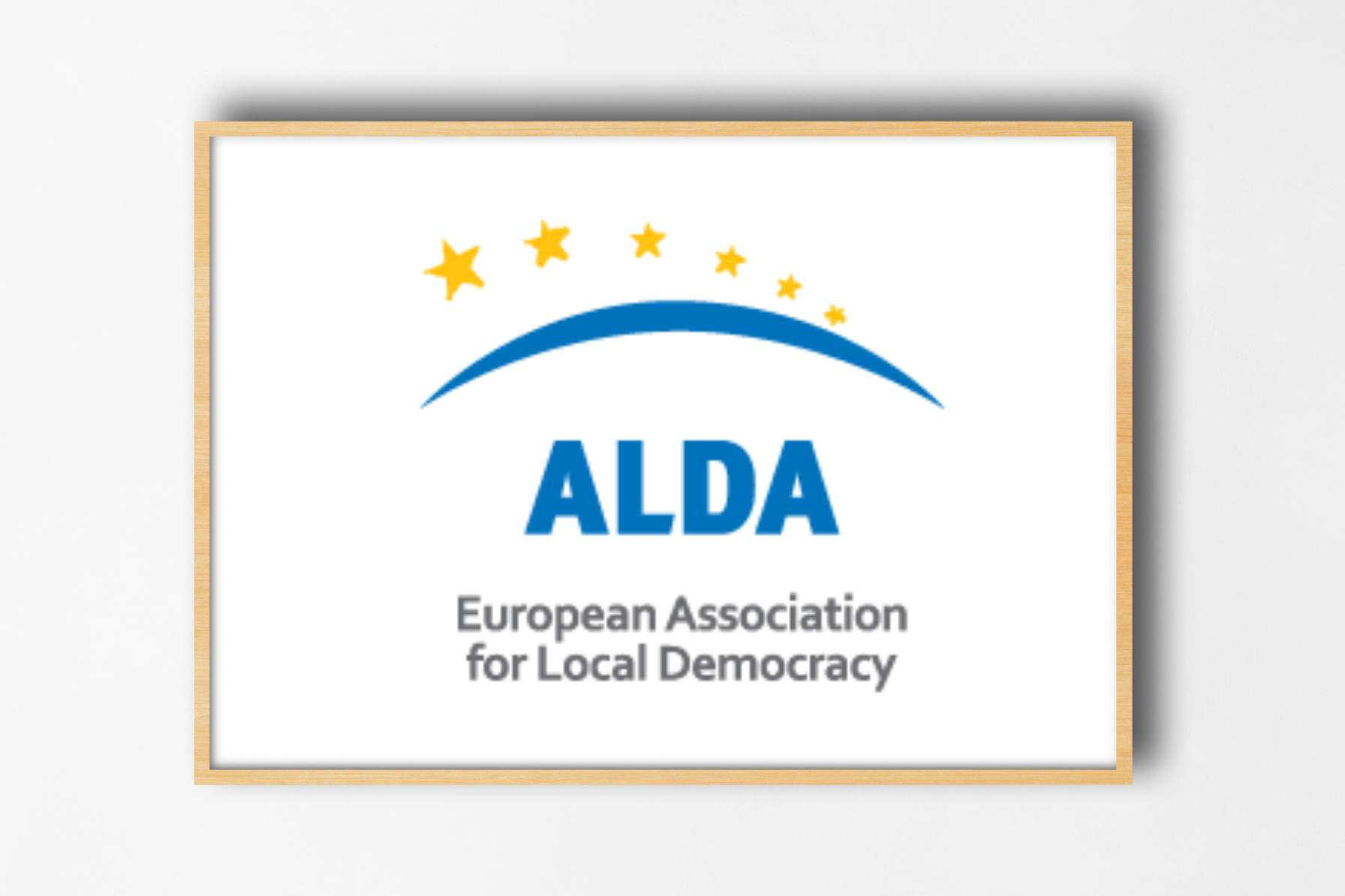ALDA, as initiator of the Italian Alliance for the European Year of Citizens and member of the Steering Committee of the European Alliance, was invited to participate to the three-day event “Proposta 2013”, organised by the Italian National Youth Forum. Alfonso Aliberti, ALDA Project Manager and recently appointed as board member of the Advisory Youth Council at Civicus took part to the round table on European Citizenship.
About 150 young people, coming from 5 different countries debated on European topics, headed by some national and international experts. The main topic of this annual event was “Citizenship”, according to EC’s decision to declare 2013, the European Year of Citizens.
The main intention was to focus on three issues, which was discussed in three round-tables:
- Youth Citizens and Participation;
- Immigration, Citizenship and Participation;
- European Citizenship.
The three round-tables offered to participants the possibility of debating, confronting, and exchanging ideas on Citizenship’s matters. Moreover, the promoters decided to add an additional round-table, focusing on “Civil Service for everyone “.
In particular, the event represented the opportunity to discuss the theme of immigrants’ naturalisation, which is strongly related to European citizenship. Indeed, according to EUROSTAT data 2011, the organisers showed that about one third of immigrants, living and working in EU’s member States have obtained the citizenship in their respective destination country.
Besides the event offered the opportunity to analyse the issue of European sense of ownership, which is very high among the population of some countries, such as Luxembourg, Finland and Germany, and lower in other ones.
Local experience and practices presented in the seminars have shown the importance and need for more structured regional co-operation and exchange among the legislators, policy/decision makers and respective institutions, while particular attention is needed to further institutional and organisational capacity building in the field of managing and administering the confiscated property. Follow-up co-operation and communication between the SAPUCCA partners and local stakeholders were strongly supported by the participants.
